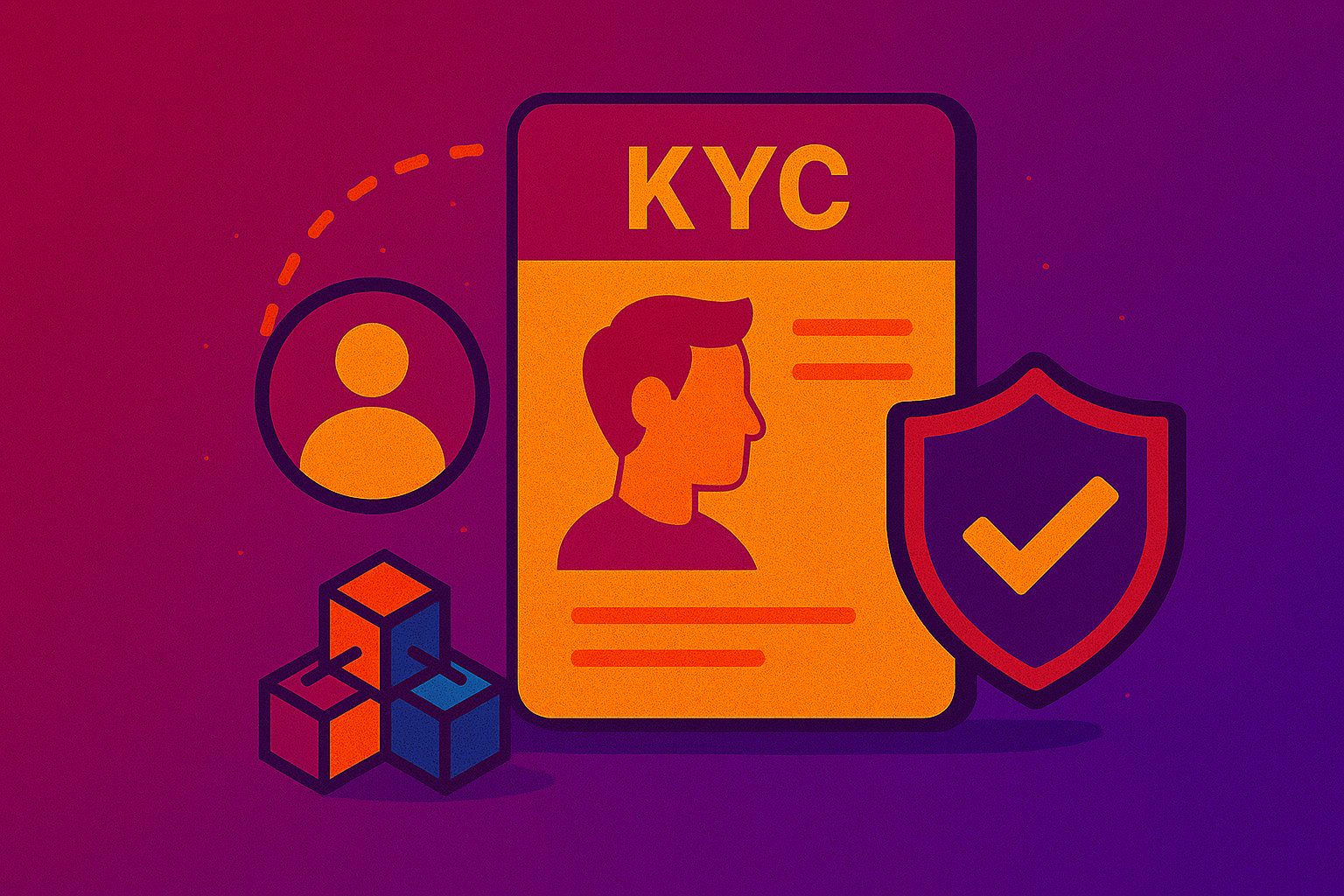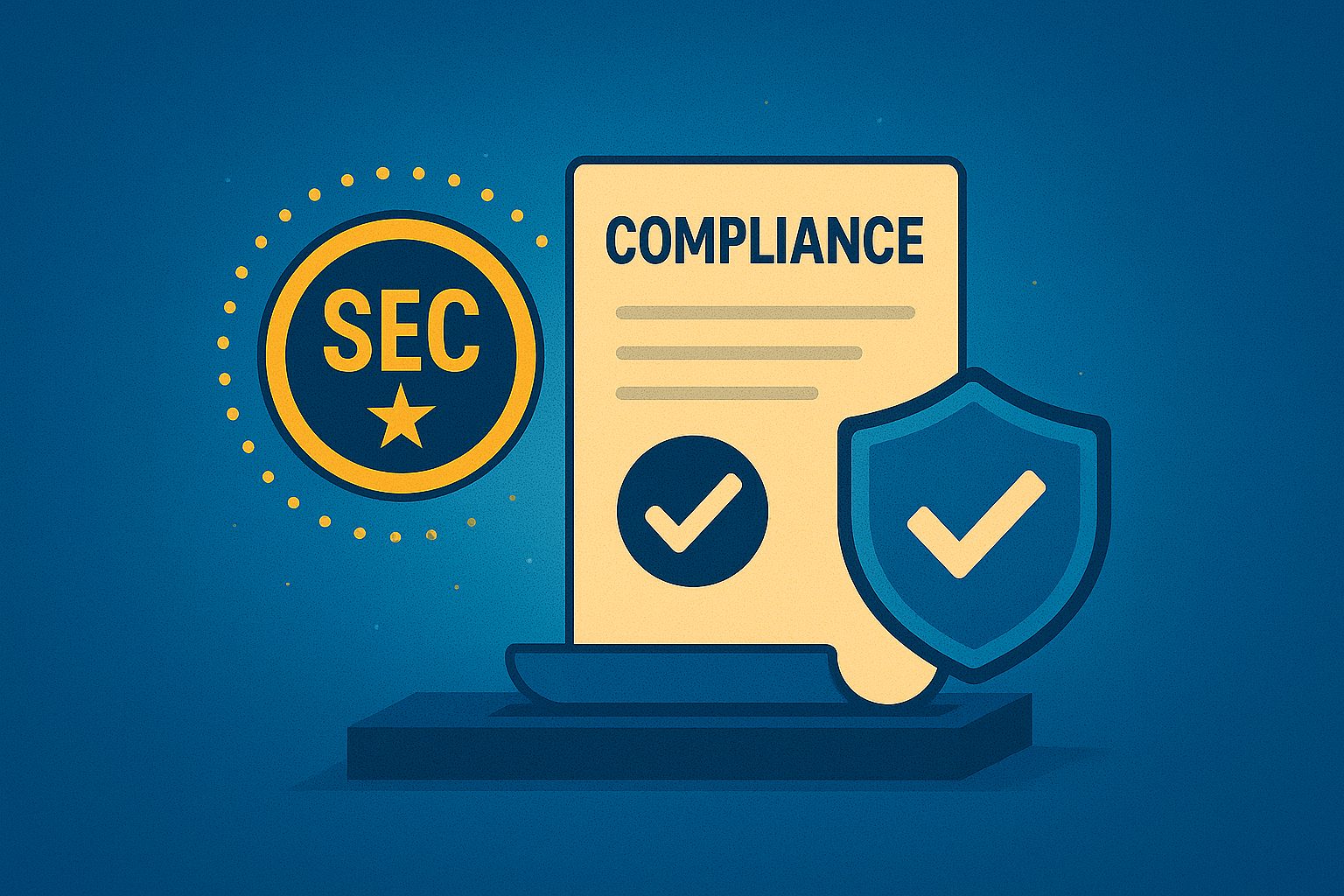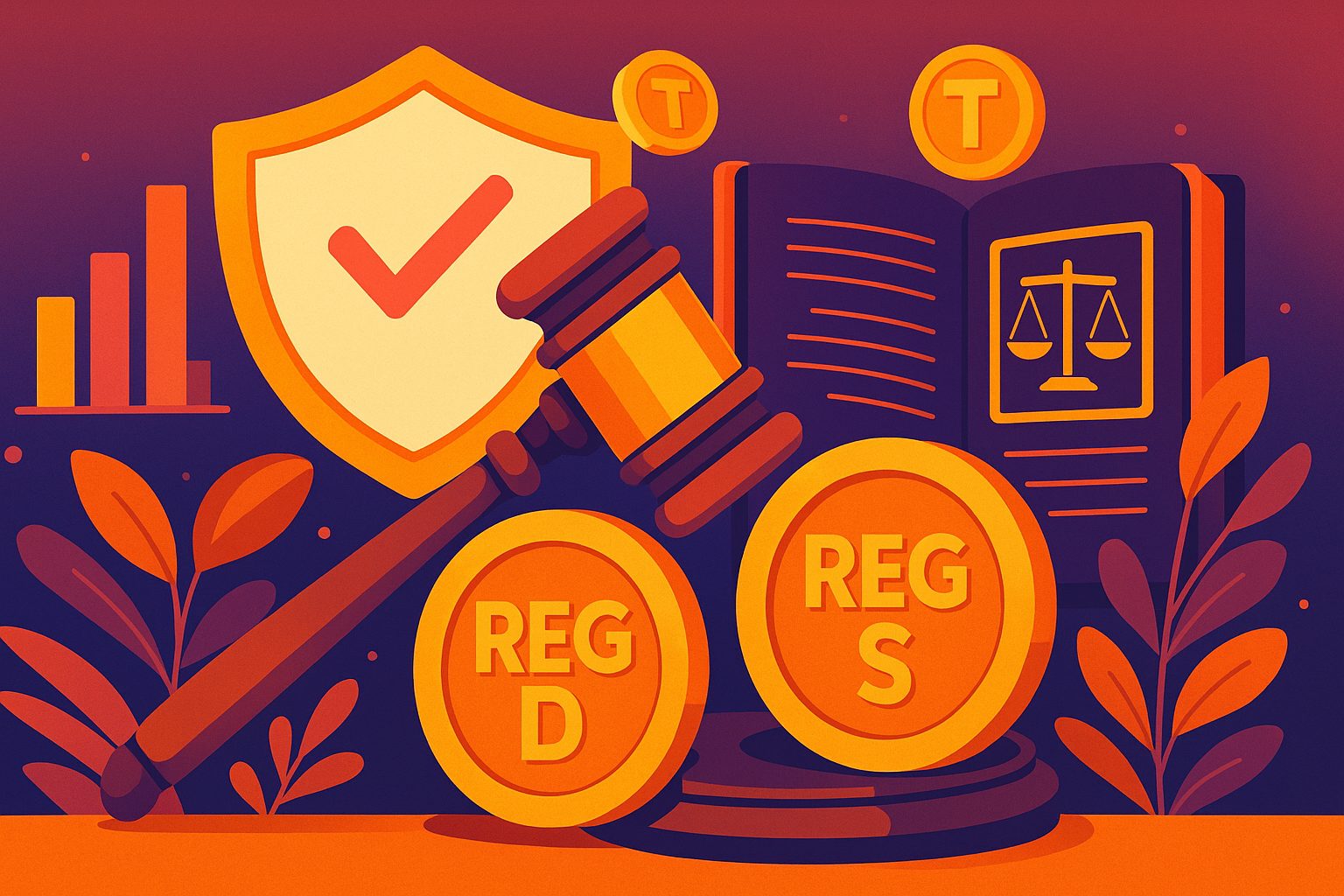The Identity Revolution Behind Blockchain Crowdfunding
Blockchain crowdfunding has reshaped the landscape of startup financing, breaking down global barriers and offering unprecedented access to capital. But as the decentralized world merges with traditional regulatory expectations, one principle remains firmly in place: knowing who your contributors are. KYC, or Know Your Customer, has become a vital requirement in blockchain crowdfunding campaigns. It stands as a critical bridge between innovation and compliance, helping projects establish legitimacy, prevent illicit activity, and gain the trust of users, investors, and regulators alike. Understanding the ins and outs of KYC is no longer just a legal necessity—it’s a strategic asset that ensures your token sale survives and thrives.
What KYC Really Means in the Crypto Ecosystem
At its core, KYC is a process designed to verify the identity of users participating in financial services. In the world of blockchain crowdfunding, that means confirming the personal details of contributors who wish to take part in token sales, ICOs, or other decentralized fundraising initiatives. Unlike anonymous on-chain transactions, KYC anchors each participant to real-world data—typically a government-issued ID, proof of address, and sometimes biometric information. These identity checks are not merely box-ticking exercises. They’re designed to protect against fraud, comply with global Anti-Money Laundering (AML) laws, and ensure that projects avoid penalties and reputational harm. The result is a more transparent, secure, and trustworthy crowdfunding ecosystem.
Why KYC Has Become Non-Negotiable
In the early days of ICOs, anonymity and borderless participation were celebrated as hallmarks of blockchain’s promise. However, those same features also opened the door to financial misconduct, leading to mounting concerns among regulators. Cases of money laundering, terrorist financing, and market manipulation prompted swift responses from authorities worldwide. As governments began to scrutinize token sales more closely, KYC compliance quickly shifted from optional to essential. Today, failing to implement a strong KYC process can mean exclusion from major exchanges, difficulties accessing banking services, or even enforcement actions by regulators. For blockchain crowdfunding projects seeking to operate in the open and scale legitimately, robust KYC is no longer a choice—it’s a prerequisite.
How Global Regulations Shape KYC Standards
One of the complexities of KYC in blockchain crowdfunding is that compliance requirements vary by jurisdiction. In the United States, projects that engage U.S. investors are subject to Financial Crimes Enforcement Network (FinCEN) guidelines and securities regulations enforced by the SEC. In Europe, the EU’s Anti-Money Laundering Directives (AMLD) mandate strict identity verification protocols. Asia-Pacific markets, such as Singapore and South Korea, have also adopted stringent KYC policies for crypto-based fundraising. For projects aiming to reach a global investor base, this means navigating a patchwork of regulatory landscapes. Implementing a flexible KYC process that meets multiple legal standards is key to ensuring your token sale is globally compliant and future-proof.
The Step-by-Step Journey of KYC Implementation
Launching a compliant crowdfunding campaign begins with designing a KYC workflow that’s efficient, secure, and seamless for users. The process typically starts with identity capture—users submit personal information, upload identification documents, and complete any required forms. Next comes data verification, often powered by third-party service providers who use AI and manual checks to authenticate the data. Depending on the jurisdiction, additional steps like facial recognition or video calls may be required. Once verified, user profiles are stored securely in compliance with data protection laws. Throughout this journey, your platform must strike a delicate balance between frictionless onboarding and strict regulatory adherence. A smooth, transparent KYC process can dramatically increase user trust and contribution rates.
The Role of KYC in Building Investor Confidence
Trust is a cornerstone of any crowdfunding campaign, and a strong KYC framework signals that your project takes security and transparency seriously. Contributors want to know that they’re participating in a legitimate venture—not a fly-by-night operation or a scam disguised by anonymity. By implementing KYC from the outset, you reduce the risk of fraudulent participants, build investor confidence, and foster a more secure community. Moreover, institutional investors and serious retail contributors often require KYC as a condition of participation. With trust comes traction, and with traction comes momentum—making KYC a key component of your campaign’s success story.
Choosing the Right KYC Provider for Your Campaign
Selecting a reputable KYC provider is a strategic decision that influences both compliance and user experience. Providers vary in terms of geographic coverage, integration capabilities, verification speed, and pricing. When choosing a partner, look for one with experience in the blockchain sector, support for international ID documents, and compliance with major regulations such as GDPR, CCPA, and AMLD. Many top-tier providers also offer risk-scoring systems, watchlist screening, and automated reporting tools that simplify regulatory audits. The right KYC partner can help you avoid operational bottlenecks, scale quickly, and ensure that your token sale runs smoothly from launch to conclusion.
KYC and Data Privacy: Navigating the Fine Line
While KYC is essential for compliance, it raises important questions about data privacy—especially in a world where decentralized ideals value user autonomy. Contributors entrust your platform with sensitive personal information, and safeguarding that data is a legal and ethical responsibility. Compliance with regulations like the General Data Protection Regulation (GDPR) in Europe or the California Consumer Privacy Act (CCPA) in the U.S. requires transparent data practices, secure storage, and robust breach notification protocols. Projects must implement encryption, restrict access to authorized personnel, and clearly outline data retention policies. A privacy-first KYC approach not only prevents regulatory backlash but also enhances your brand’s credibility among privacy-conscious users.
KYC Challenges Unique to Blockchain Startups
Unlike traditional fintech companies, blockchain crowdfunding projects face unique hurdles when implementing KYC. For one, the community is global, and contributors may come from regions with limited access to valid identity documents or high levels of internet censorship. Additionally, token sales often occur rapidly, putting immense pressure on verification systems during short windows of opportunity. Projects must also account for fraud attempts, such as doctored IDs or synthetic identities, which require advanced detection tools to mitigate. Finally, blockchain founders often wear multiple hats, balancing legal, technical, and marketing roles. These factors make it critical to plan for KYC early and integrate it seamlessly with the broader campaign infrastructure.
Balancing KYC with Decentralization Principles
At first glance, KYC seems to contradict the foundational ethos of blockchain: decentralization, anonymity, and open access. Yet, it’s possible to implement KYC while still honoring these values through thoughtful design. One emerging solution is self-sovereign identity (SSI), where users own and control their identity data using blockchain credentials. These verifiable credentials can be selectively shared with KYC providers, reducing unnecessary exposure and empowering users. Additionally, zero-knowledge proofs (ZKPs) offer a way to confirm identity attributes without revealing the underlying data. By integrating these decentralized identity technologies, crowdfunding projects can harmonize regulatory demands with the ethical goals of blockchain innovation.
Staying Ahead with Adaptive Compliance Strategies
Regulations change. What works today may not meet the compliance standards of tomorrow. That’s why building adaptability into your KYC framework is crucial for long-term success. This means staying engaged with global policy developments, updating verification protocols as new threats emerge, and routinely auditing your compliance infrastructure. Educating your team and community on the reasons behind KYC can also foster greater cooperation and understanding. As regulators become more active in the blockchain space, projects that demonstrate a proactive, thoughtful approach to compliance will be better positioned to scale, collaborate with partners, and access mainstream financial tools.
KYC and the Road to Exchange Listings
Exchange listings remain one of the biggest growth milestones for blockchain crowdfunding projects. Yet, most reputable exchanges—including centralized and regulated decentralized exchanges—require proof of KYC compliance before accepting tokens. By embedding KYC into your fundraising from day one, you dramatically improve your chances of meeting listing criteria, accelerating your project’s exposure and liquidity. It also reduces the need for painful retroactive compliance—a costly and disruptive process that can delay token launches or trigger delistings. For founders serious about building sustainable blockchain ventures, aligning with exchange expectations through robust KYC practices is a strategic win.
Future Trends Shaping the KYC Landscape
The future of KYC in blockchain crowdfunding is both high-tech and user-centric. Artificial intelligence and machine learning are making identity verification faster and more accurate, while blockchain-based digital identities promise to return control to users. Cross-border identity standards are also on the horizon, enabling smoother global compliance through interoperable frameworks. In parallel, regulators are evolving their approaches to crypto, gradually recognizing the need for balanced policies that support innovation while protecting users. Projects that stay ahead of these trends—embracing emerging technologies, advocating for smart regulation, and building user-friendly KYC interfaces—will lead the next wave of responsible blockchain fundraising.
A New Era of Trust and Transparency
KYC has become more than a compliance requirement—it’s a symbol of trust, maturity, and readiness to engage in the wider financial ecosystem. For blockchain crowdfunding projects, adopting KYC is not just about ticking a regulatory box. It’s about setting the tone for how your platform will operate, how it will treat contributors, and how it will be perceived by investors, regulators, and the broader crypto community. As blockchain moves from the fringe to the forefront of innovation, KYC offers a pathway to credibility and global impact. By mastering this essential component, your crowdfunding campaign doesn’t just comply—it thrives.




